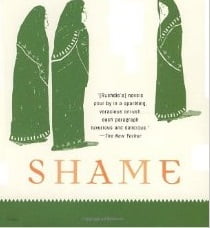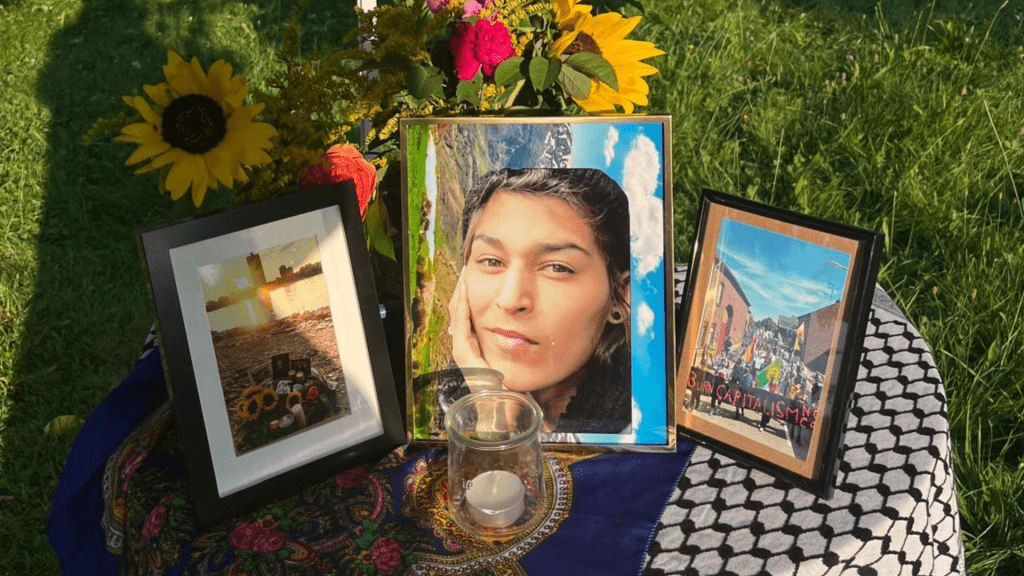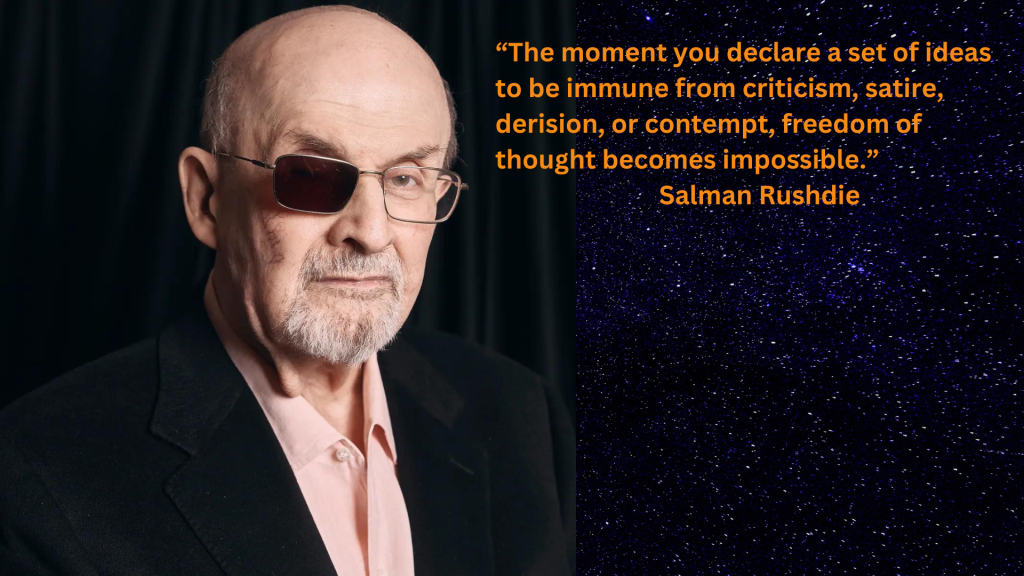Salman Rushdie is best known in the Muslim world for his less-read controversial book Satanic Verses, and in literary world, for Midnight’s Children which is the story of Saleem Sinai who is born at the precise moment when India becomes independent. His actions and fate are intertwined with that of his country.
But I’ll talk about his lesser known novel Shame, first published in 1983. The novel is based in a remote border town, which the author refers to as Q, Rushdie’s fictitious version of Quetta.
In this town known as Q, which author insists — with a third person chronicler’s voice that appears more than once in the novel to ‘clarify’ things — is not Quetta, lives three sisters known as Chhunni, Munnee and Bunny — or the Shakeel sisters — in a fortress-like house with a dying father, Mr. Shakeel.
Mr. Shakeel curses himself to have been condemned at an outpost at Jahannam, the hell. He thinks of his daughters as whores waiting for his death to abandon his imposed morality and unleash acts of shame.
 Ultimately, the three sisters pretend to get pregnant simultaneously and give birth to the main character of the novel, Omer Khayyam. He is raised and fed by the Shakeel sisters with their six teats in such a way that the identity of his biological mother can never be ascertained by the readers. His father also remains anonymous as the three sisters pretend to get pregnant simultaneously at a party one night.
Ultimately, the three sisters pretend to get pregnant simultaneously and give birth to the main character of the novel, Omer Khayyam. He is raised and fed by the Shakeel sisters with their six teats in such a way that the identity of his biological mother can never be ascertained by the readers. His father also remains anonymous as the three sisters pretend to get pregnant simultaneously at a party one night.
Shame is also the tale of a power play between General Raza Hyder and Iskandar Harappa. And about their families. Iskandar Harappa’s wife, Rani, embroiders his shameful acts on shawls and his daughter, Arjumand (iron pant virgin), aspires assuming her father’s political rule.
There is strong resemblance between the fictitious Iskandar Harappa and the real life Pakistani politician Zulfikar Ali Bhutto. General Raza Hyder seems to be the fictitious version of Zia Ul Haq. The power struggle between the two archrivals results in the ousting and execution of Iskandar Harappa and the imposition of martial law in the country, which the author refuses to call Pakistan.
Salman Rushdie satirically insists he is not talking about Pakistan but telling a modern fairy tale of an imaginary country. The reason of this insistence comes from the fact that he never accepted Pakistan as a real country. He’s not even ready to admit the existence of Pakistan in a work of fiction. “It’s the emptiness of one’s luggage. I am speaking of invisible suitcases, not the physical, perhaps cardboard, variety containing a few meaning-drained mementoes: we have come unstuck from more than the land. We have floated upward from history, from memory, from time. I may be such a person. Pakistan maybe such a country.”
He sees Pakistan as “a palimpsest [that] obscures what lies beneath. To build Pakistan it was necessary to cover up Indian history, to deny that Indian centuries lay just beneath the surface of Pakistani Standard Time. The past was rewritten; there was nothing else to be done.”
As he puts it, “the place was insufficiently imagined”, a “wrong miracle”, like General Raza Hyder’s daughter, Sufiya Zinobia. The general gets disappointed when Sufiya is born, as he had expected the newborn will compensate his sorrow for his stillborn son. Yet, his wife gives birth to a daughter, adding to the collective “shame” of a society.
Shame single-handedly deals with everything that is wrong with Pakistan. As a work of histro-political fiction, the author raises real life issues like the genocide in Balochistan in bold undertones. He talks about arrests for the mere guilt of knowing a “wrong” person. He tells the story of a poet friend who spends many months in jail for “social reasons”, as he puts it, “that is to say he knew somebody who knew somebody who was the wife of the second cousin by marriage of the step-uncle of somebody who might or might not have shared a flat with someone who was running guns to the guerillas in Baluchistan. You can get anywhere in Pakistan if you know people, even into the jail.”
In his “modern fairy tale”, Rushdie use his characteristic magical realism to escape the confines of time and reality. Pakistan’s real story cannot be told in conventional realism, as it’s too incredible to sound real. “All this happened in the fourteenth century. I am using the Hegiran calendar, naturally: don’t imagine that stories of this type always take place longlong ago. Time cannot be homogenized as easily as milk, and in those parts, until quite recently, the thirteen-hundreds were still in full swing.”
At the center of the novel is a shameless protagonist, Omer Khayyam, the son of the three sisters from the border town of Q. He has been taught by his mothers that in order to survive in the world he must attain the quality of shamelessness. He is a passive observer, a peripheral person who lives on the fringes of events with seemingly no effect whatsoever on the happenings.
In the simultaneous tale of the duel for power between Iskandar Harappa and General Raza Hyder, Rushdie uses dark humor to unfold Pakistan’s restive political history, the execution of an elected prime minister by his hand-picked C-n-C, a dictator praying on television, and the overdose of religion by the state to achieve national integration.
I found Shame still relevant while reading it after 32 years of its publication because nothing has changed in Pakistan. Even today chief ministers like Aladin Gichkis request military assistance to protect national assets in far-off gas-producing towns from miscreants. People are going to jails and, worse, in torture cells for knowing someone. Religion is still considered the only solution for national integration. Even today women are epitomes of shame in the country. But let’s follow in the footsteps of the author and deny that we are talking about Pakistan. We are taking about P.
Sameer Mehrab is a writer and co-founder of Balochistan Times. He often depicts Balochistan's socio-political dilemmas in his fiction and poetry. He is based in Canada.



